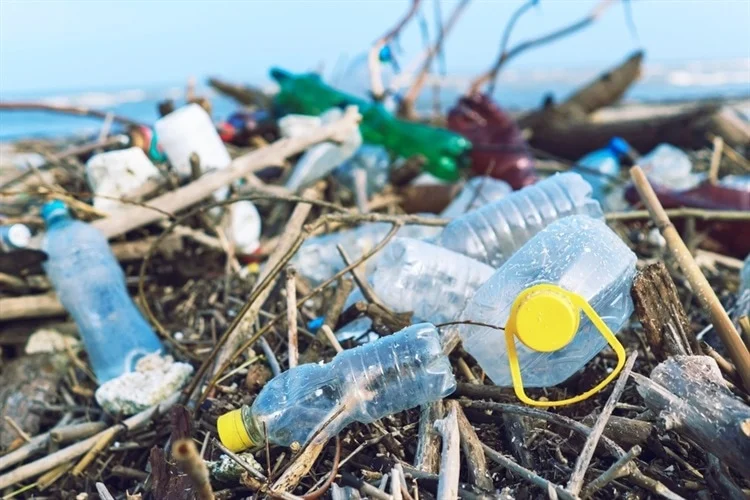Tackling Plastic Pollution with Solid-State Photocatalysis

Collected Image
Plastic Waste
Since the development of plastics in the mid-20th century, plastic waste has accumulated at a rate that has caused huge environmental problems. Whilst there have been increased efforts to tackle plastic pollution in recent decades, the COViD-19 pandemic has thrown the proverbial wrench in the works. Disposable face masks, PPE, tests, and single-use medical equipment have exacerbated the issue.
Photocatalysis
In recent years, there have been several methods developed to degrade plastics, including mechanical methods, physiochemical processes, and methods utilizing microorganisms. These processes aim to reduce the instances of polluting by-products and retrieve value-added products from waste streams in line with the aims of the circular economy. Biodegradable polymers have also been developed.
Since the development of plastics in the mid-20th century, plastic waste has accumulated at a rate that has caused huge environmental problems. Whilst there have been increased efforts to tackle plastic pollution in recent decades, the COViD-19 pandemic has thrown the proverbial wrench in the works. Disposable face masks, PPE, tests, and single-use medical equipment have exacerbated the issue.
Read More : PLASTIC THAT COULD BE HARMFUL
Once polymeric materials enter the environment, they can degrade into toxic by-products, and microplastics from mechanical, thermal, and microbial degradation can accumulate in the food chain. Plastics are not biodegradable, with products and particles remaining in the environment for extended periods of time. Furthermore, they can release harmful greenhouse gases, contributing to climate change.Photocatalysis
In recent years, there have been several methods developed to degrade plastics, including mechanical methods, physiochemical processes, and methods utilizing microorganisms. These processes aim to reduce the instances of polluting by-products and retrieve value-added products from waste streams in line with the aims of the circular economy. Biodegradable polymers have also been developed.
Source: https://www.azom.com
Tags :
Previous Story
- LG Chem Develops Advanced Plastic Product to Prevent...
- Egypt, Okeanos sign deal to manufacture plastics made...
- New Report Finds Slow Progress on Sustainable Plastic...
- Plastic industry aims to double exports to $25...
- New Maine law targets chemicals in food packaging
- Suntory develops plastic bottle made entirely of plant...
- PureCycle Unveils First Product Made from its Recycling...
- The life of plastic: born a hero, dying...